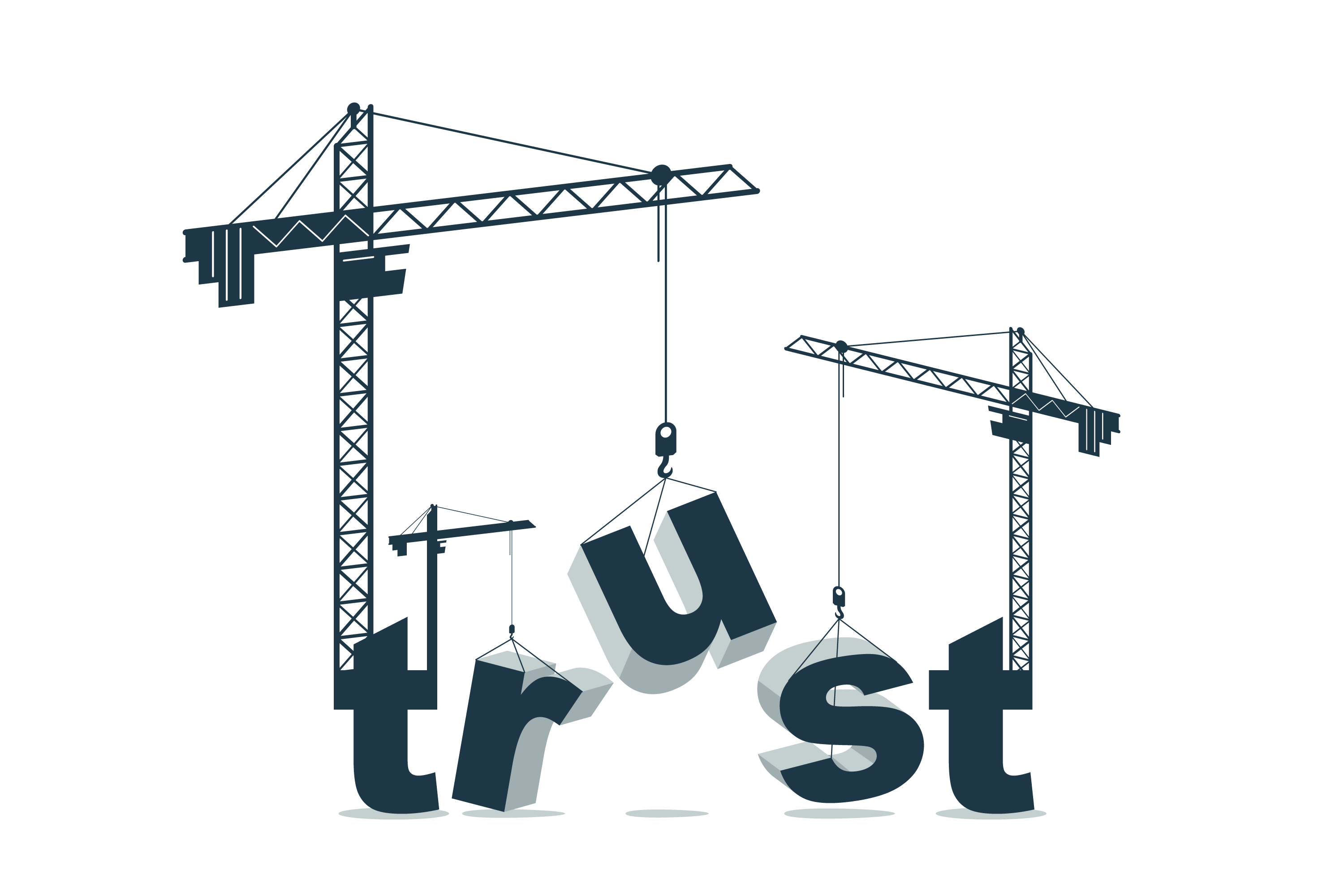I see trust as a currency. Each one of us starts with a certain amount when we initiate a professional relationship. Whether it be with colleagues or customers, you either build on it or lose it. And building trust requires consistent effort. Any gains in efficiency can be decimated if you lose trust. Focusing on the dynamic between employer and employee, building the relationship is a two-way activity, but the onus falls on the employer if they want to achieve the high levels of engagement, productivity and retention that are characteristics of successful organisations.
Being a consistent performer at work not only achieves great outcomes for your employer. It’s deeply satisfying when we know we’re on top of our game. However, working to your full potential relies on your ability to perform at a level that results in a feeling of achievement. It is self-driven and allows us to move faster across our ‘to-do’ list, and attain quantifiable and positive outcomes for the organisation. Since it is self-driven, everyone has different motivators specific to their needs. An overarching critical factor that precedes all others is trust. The more I talk about it, the more I think people relate to it. Every possible factor of influence on performance spans from a level of trust.
Now that we know trust is a key variable and a direct relationship exists with performance levels, I have developed a 6-point high-level framework that employers and employees can use together to build trust, increase performance and achieve positive outcomes.
- Financial – An employer needs to provide an opportunity for a stable future and advancement, without causing unwarranted economic stress to the employee; an employee needs to be trusted to look for the best financial outcomes and revenue opportunities for the business.
- Emotional and mental wellbeing – A feeling of positivity is extremely important amongst the people in a company. This helps foster camaraderie with all of the teams and individuals that interact with them at work.
- Physical – A positive mental and emotional state supports good physical health. Additional perks such as end of trip facilities for cyclists, discounted gym memberships, etc materially help to maintain a state of wellbeing.
- Social – A positive mental state supplements a sense of belonging, inclusion and an ability to build relationships beyond work. All of which play a key role in building trust.
- A sense of purpose – Making a positive difference is beyond just making profits or fulfilling the needs of oneself. Emotional fulfilment derived from purposefulness increases trust in the organisation and drives the people to be better.
- Employable – Enabling and assisting employees to build in-demand capabilities and skills to advance in their careers also builds trust. Professional development rewards employers by upskilling their workforce and nurturing innovation.
Here some practical ideas for employers and employees to help implement this framework:
- Policies and processes – support workforce well-being, foster equality and diversity & inclusion.
- Openness and transparency – be accountable, take part in intentional conversations, adopt an open and transparent approach by default, use a merit-based decision-making process, involve everyone in the business.
- Technology and innovation – flexible working, enabling technology, nurture creativity, bring together hybrid and dispersed workforces. This usually unleashes the best performance from people.
- Information sharing – real-time data where it matters, empower employees at the frontline, thinking not from top to bottom, but from grassroots up.
- Open and continuous learning – access to the citadels of industries and specialisations, ongoing professional development, a future-ready workforce that can shift at scale.
While all the 6 points are critical, finding the right balance depends on the nature of the people within the organisation. Identifying distinct groups, understanding their motivations and required trust level, then building standard policies with tangible benefits is key to building trust. These work wonders on performance.
Which business practices would you establish using my 6-point framework?
Bilal is a Business Transformation Consultant with Slade Group. With a Master’s degree in Business Analytics & HR from Monash University, he works across recruitment, business operational improvement and people data analytics. Bilal has a keen interest in technology and dabbles between ideas of futurists to systematically predict possible emerging opportunities in HR. His unique experience of working for multinational companies and start-ups as a Talent Advisor has helped him build a level of understanding of the pre-requisite macro-level talent strategies needed to achieve micro-level goals to build innovative business models.

